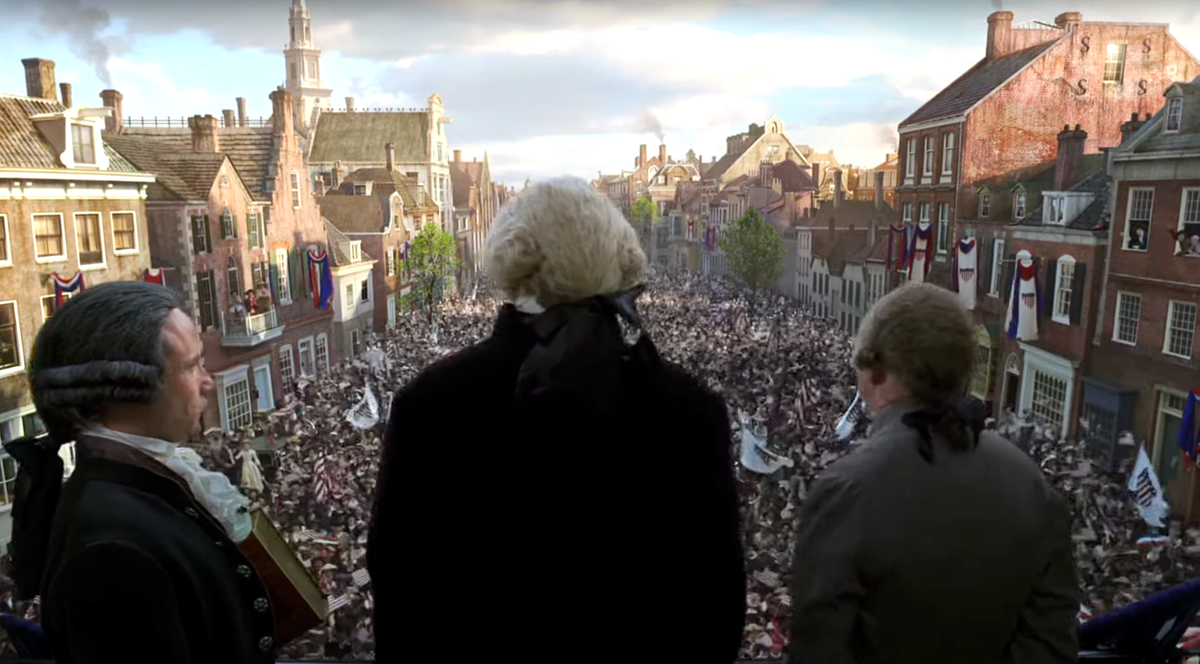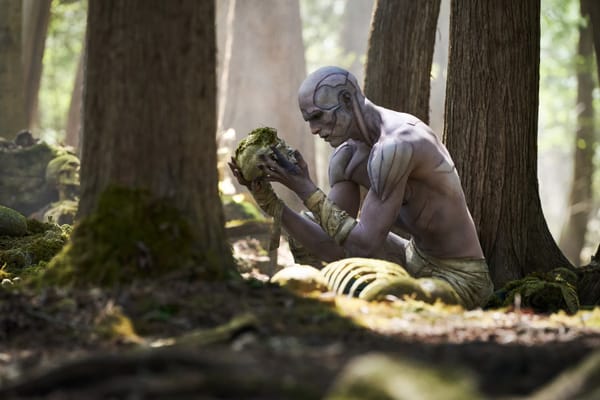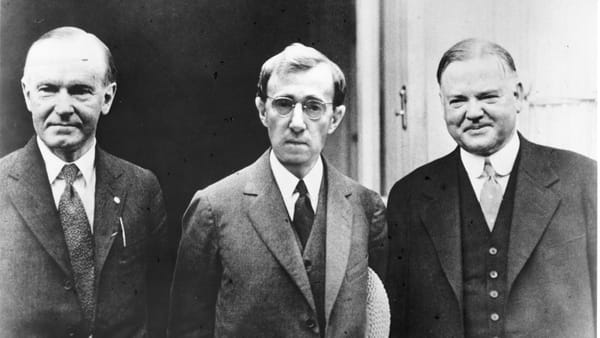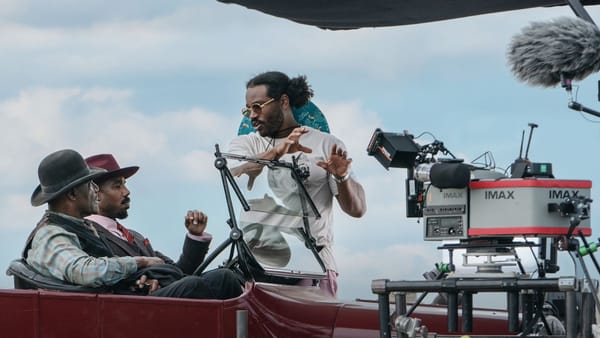Why Are There No Good Movies About the American Revolution?
And a tip to a pretty good film for the upcoming Patriot's Day

So Wednesday was press day in Boston for the new Ken Burns documentary miniseries, "The American Revolution," which won't be airing on PBS stations until November, but a long PR roll-out is apparently how they do things in Burns-land. Boston Mayor Michelle Wu proclaimed it "Ken Burns Day" for all those who celebrate, and the filmmaker was presented with the "Third Lantern Award" at a ceremony at the city's Old North Church. I did my part by interviewing David Schmidt, Burns' co-director with Sarah Botstein on "The American Revolution," for an upcoming article in my college alumni magazine (he's a fellow grad), and in the evening Mrs. Movie Critic and I attended a gala event at Boston's Symphony Hall, at which clips from the six-part, 12-hour miniseries were shown, a panel discussion was held between Burns, Botstein and three Harvard history professors, and period music was played by a group of musicians led by Rhiannon Giddens and Johnny Gandelsman.
Resplendent stuff all around, but what I'd like to call attention to is how the capacity audience at Symphony Hall – a classic PBS tote-bag crowd that was as white, well-educated and upper-upper-middle class as Boston gets, which is very – burst into spontaneous applause and occasionally cheers whenever the depredations of He Who Shall Not Be Named were mentioned. And he was not mentioned, because to do so – to directly address the sacking and pillaging and cruelty and goosestepping going on in Washington – would be, you know, de trop. Still, when Burns, a Hampshire College alum, introduced the panel's professors as from "a university I usually say 'begins with an H' but tonight will proudly call Harvard," the room went nuts. (Fair enough; I'd wager at least half the audience went to school in Cambridge.) And when Vincent Brown, a professor of American, African and African American history, teed up a perfect line about how the colonists in 1773 were "dumping Teslas in the harbor," the laughter felt genuinely cathartic.
So, yes, the elites of Boston are feeling the pinch of dread, too. What are they going to do about it? What are they prepared to do about it? That's a question they have to ask and answer for themselves, but I'm betting there were people with serious clout in Symphony Hall Wednesday night, and and there may be as well when "The American Revolution" press train makes stops this weekend at the events in Lexington and Concord celebrating the 250th anniversary of the iconic battles there. That there will also be protest actions planned in Lexington and Concord is a synchronicity worth dwelling on, one that will hopefully inspire those with clout to use it and the rest of us to keep urging them to do so. I don't think there will be anyone present at this year's battle recreations who isn't wondering whether we're in the early stages of another conflagration, knowing that the tyrant is in the house this time and only a spark is needed to set it on fire. I wish Burns' series were airing right now, today, because November might be too late.

But to the question posed by the headline above: Why are there no great films about the War of Independence? There are some pretty crappy ones:





